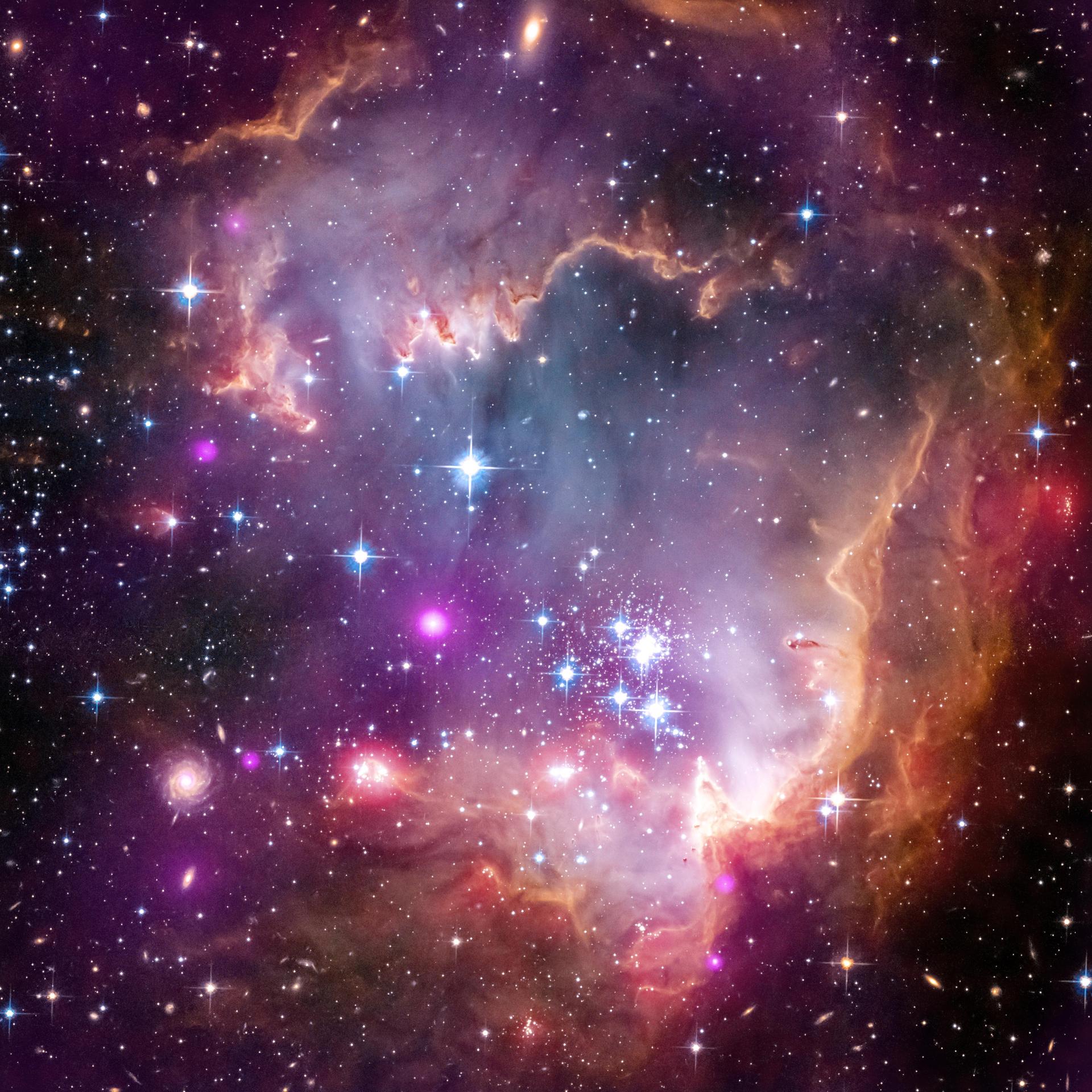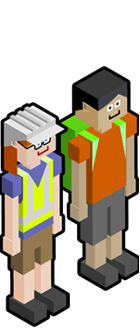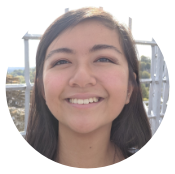
- Geology Career Pathways
- Careers
- Career Profiles
- Planetary Science PhD Student

Planetary
Science

Marissa
Job title: Planetary Science PhD Student
I research volcanoes on the Moon!
What led you to do a PhD?
Even though I’d spent 3 years studying Geology and another year studying Volcanology, I still wanted to learn more and to push myself to become a researcher. During my Bachelors and Masters, I had so many wonderful lecturers who were so knowledgeable and passionate about their subject area and they really inspired me to carry on with research. I’ve always loved understanding things and getting to the bottom of a scientific question, so doing a PhD felt like a natural choice for me.
What geoscience topic are you researching for your PhD?
I research volcanoes on the Moon! More specifically, I’m investigating magma ascent and eruption using computer modelling. The computer models were originally made for magma ascent and eruption on Earth, so I am tweaking them to apply them to the Moon. I also use image analysis to look at volcanic deposits on the Moon’s surface and compare them with the model results. The Moon isn’t currently volcanically active, so my PhD is aiming to understand what volcanism on the Moon used to be like millions and billions of years ago!
What exactly does a PhD Student do on a day-to-day basis?
This definitely changes month by month, and as I move through the years of my PhD. The 1st year of my PhD involved reading a lot of scientific papers, taking notes, and planning what to do for the rest of my project. I’m coming up to the end of my 2nd year now and this year has been more hands-on. I’ve been doing lots of computer modelling, but also writing conference abstracts, attending conferences and training events, and doing science outreach. I’ve also started putting together my first research paper, which has taken lots of discussion with my supervisors and dedicated time for writing.
Apart from formal qualifications, what other skills or characteristics do you need?
Since completing a PhD takes 3 or 4 years, being persistent and organised is key. 3 or 4 years is a long amount of time, so planning how you’re going to make the most of the time is really important. I think it’s also important to be independent because, at the end of the day, your PhD project is your own. This can seem quite intimidating to begin with, but eventually you get used to it. Finally, I think understanding how and when you work best is really important as well. In most cases, PhD students can work quite flexible hours, so knowing what work schedule works best for you is really useful.
What do you enjoy most about your PhD?
It’s easy to get bogged down in the work during a PhD, but something I love to do is to step back and remind myself that I research volcanoes on the Moon, and that’s really cool! I really enjoy being part of a research group; having a good support network and lots of interesting people to chat to has been a big highlight of my PhD so far. I also love that being a PhD student is really flexible, I love that I can make my own schedule and decide what to work on next.
What opportunities do you have for developing your skills?
There are so many ways that you can develop new skills in research, communication, and on a personal level during your PhD. You can learn subject-specific skills like using lab instruments, fieldwork, or coding, but also transferable skills like writing papers, giving presentations, and making scientific posters. A great way to develop your interpersonal skills is to get involved with science outreach. I’ve been a part of my research group’s podcast, The Cosmic Cast, during my PhD, and it’s been a fantastic avenue for communicating Planetary Science and learning how to create and manage a podcast.
What advice or information do you wish you’d had before starting this career?
Don’t be scared to ask questions or to ask for help, especially from your supervisors. Asking questions can be intimidating and I was definitely scared of saying something stupid, but 9 times out of 10, someone else has asked the same question as you or has thought the same thing. Asking questions is a great way to learn so please don’t be afraid of doing it! Other than that, I’d say that pacing yourself is also important. A PhD can be 3 or 4 years long, the same amount of time as a Bachelors or Masters, so you need to give yourself proper time off each year to relax and reset.Planetary
Science